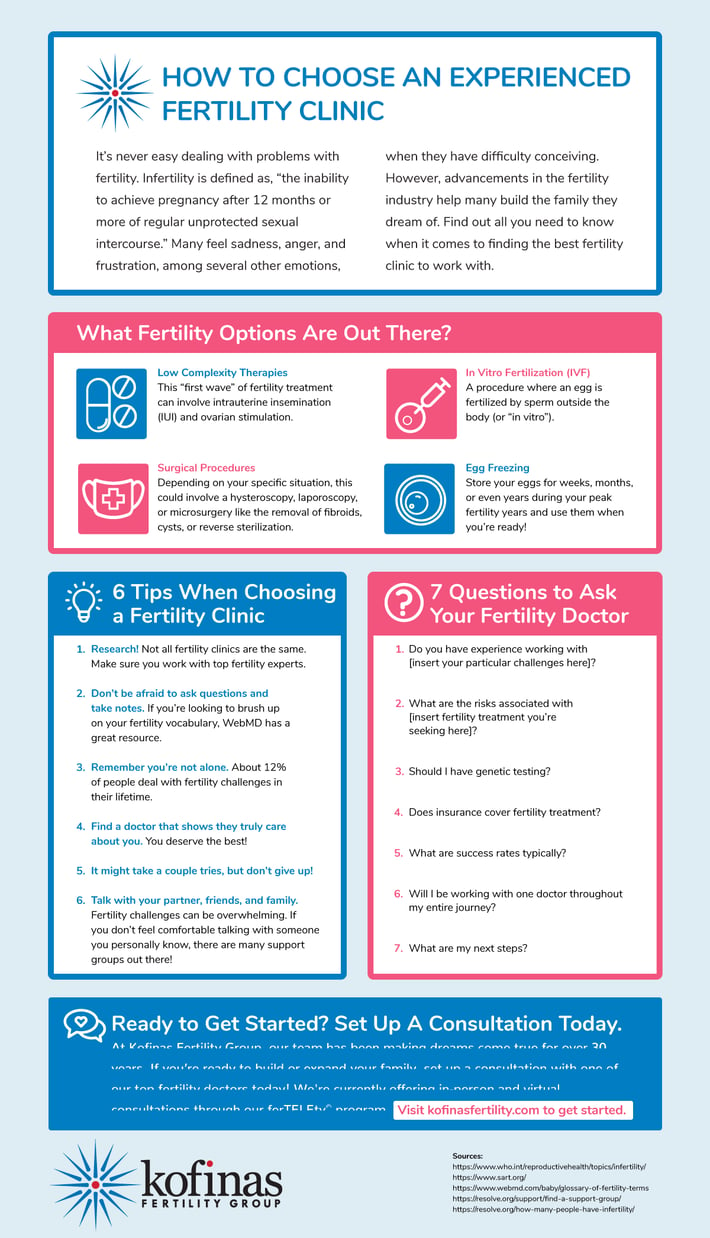All Categories
Featured
Table of Contents
What Is The Best Conception Clinic New Mexico Company?
Many individuals need fertility help. This includes men and females with infertility, many LGBTQ people, and single people who prefer to raise kids. An approximated 10% of females report that they or their partners have ever received medical aid to become pregnant. In spite of a need for fertility services, fertility care in the U.S.

Typically, fertility services are not covered by public or personal insurance companies. Fifteen states need some private insurers to cover some fertility treatment, however significant gaps in protection remain. Just one state Medicaid program covers any fertility treatment, and no Medicaid program covers artificial insemination or in-vitro fertilization.

This suggests that in the absence of insurance coverage, fertility care is out of reach for lots of people. Less Black and Hispanic ladies report ever having actually used medical services to conceive than White females. This is a result of numerous elements, consisting of lower earnings on average among Black and Hispanic women in addition to barriers and misunderstandings that may dissuade women from seeking help with fertility.
Who Has The Best Infertility Clinic New Mexico Service?
Transgender people going through gender-affirming care might likewise not fulfill criteria for "iatrogenic infertility" that would qualify them for covered fertility conservation. Many individuals need fertility assistance to have kids. This could either be because of a diagnosis of infertility, or because they are in a same-sex relationship or single and desire children.

Fertility treatments are expensive and typically are not covered by insurance coverage. While some private insurance coverage plans cover diagnostic services, there is really little protection for treatment services such as IUI and IVF, which are more expensive. Many individuals who utilize fertility services must pay out of pocket, with expenses typically reaching thousands of dollars.
About 25% of the time, infertility is brought on by more than one factor, and in about 10% of cases infertility is inexplicable. Infertility estimates, however do not represent LGBTQ or single people who may also require fertility assistance for household structure. Therefore, there are diverse reasons that may trigger people to look for fertility care. trash dumpster rental.
Who Has The Best Fertility Clinic Ivf New Mexico?
Client Info Series. 2017 Our analysis of the 2015-2017 National Survey of Family Development (NSFG) finds that 10% of females ages 18-49 state they or their partner have ever talked with a physician about methods to assist them conceive (information disappointed).3 Among ladies ages 18-49, the most frequently reported service is fertility recommendations ().
Numerous patients lack access to fertility services, largely due to its high expense and restricted coverage by private insurance and Medicaid. As an outcome, many individuals who utilize fertility services must pay of pocket, even if they are otherwise insured. Out of pocket costs differ widely depending upon the client, state of home, supplier and insurance plan (construction dumpster rental near me).
Figure 3: Fertility Treatments Generally Cost Clients Countless Dollars Insurance coverage of fertility services differs by the state in which the person lives and, for individuals with employer-sponsored insurance, the size of their employer. Lots of fertility treatments are not thought about "clinically needed" by insurance provider, so they are not normally covered by private insurance strategies or Medicaid programs.
What Do Ivf Doctor Albuquerque Nm Services Include?
g., testing) are more most likely to be covered than others (e. g., IVF). A handful of states require protection of fertility services for some fully-insured personal plans, which are controlled by the state. These requirements, however, do not use to health insurance that are administered and moneyed directly by companies (self-funded strategies) which cover 6 in 10 (61%) employees with employer-sponsored medical insurance.
2 states (CA and TX7) need group health prepares to offer a minimum of one policy with infertility protection (a "mandate to offer"), however companies are not needed to choose these plans. Figure 4: Many States Do Not Require Private Insurers to Offer Infertility Benefits Nevertheless, in states with "mandate to cover" laws, these only apply to particular insurance providers, for particular treatment services and for certain patients, and in some states have monetary caps on costs they should cover ().
In other states, nearly all insurers and HMOs are included in the required (local dumpster rental). Numerous states supply exemptions for little employers (
Latest Posts
Best Infertility Center Albuquerque Nm Deals Near Me
What Is The Best Reproductive Clinics New Mexico Software?
How Much Does Fertility Clinic Ivf Albuquerque Nm Service Cost?